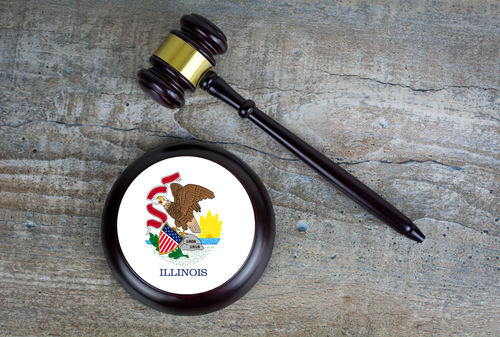First Thing Lawyer Tells New Clients: Shut Down Facebook Account
People may believe there’s a degree of anonymity on the Internet. But police know better, and they are increasingly using social media tools to collect evidence of criminal activity and head off wrongdoing.
“Technology has revolutionized law enforcement in many ways,” Jack Rinchich, president of the National Association of Chiefs of Police, tells USA Today. “Sometimes people are pretty liberal about what they put on (social networking sites).”
So liberal in fact that Nashville, Tenn., criminal defense attorney David Raybin addresses the issue head-on with clients. “The first thing I tell them is, ‘You are shutting down your Facebook account,’ ” Raybin says.
USA Today notes several cases throughout the country in which police investigations were bolstered by taking time to explore YouTube, Flickr and other online message boards:
• Police in Suffolk, Va., were able to identify suspects involved in a Dec. 14 street fight when cellphone videos were posted on YouTube.
• Police in Chattanooga, Tenn., discovered an online forum where residents were planning illegal drag races, staked out the area and ticketed participants.
• Police in Los Angeles used YouTube and Flickr to identify people suspected of being involved in riots following the June 2009 NBA Championship.
Related coverage:
ABAJournal.com: “DWI Defendant Goes to Jail After Posting ‘Drunk in Florida’ Facebook Photo”
ABAJournal.com: “Police Use Social Networking to Target Underage Drinkers”



